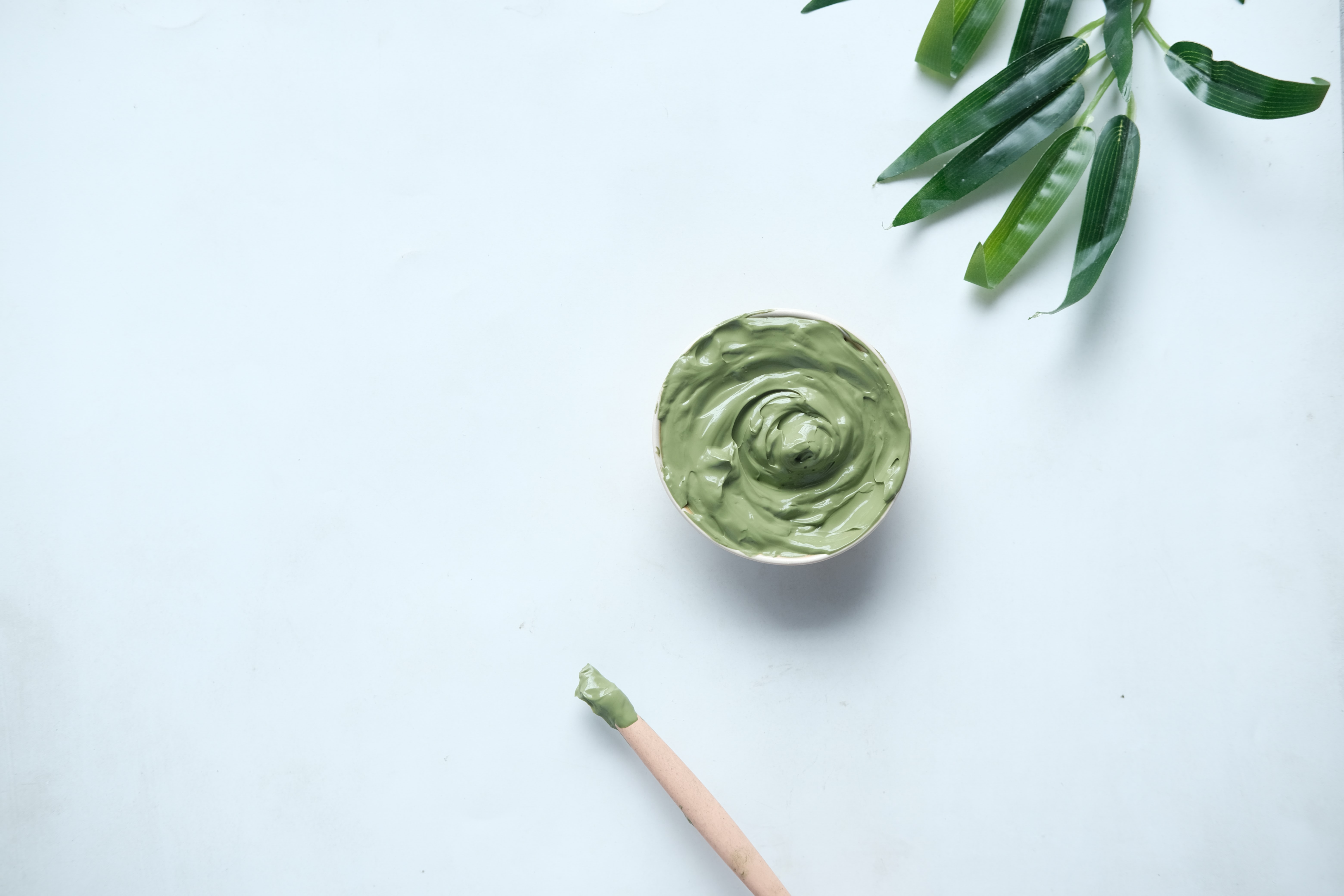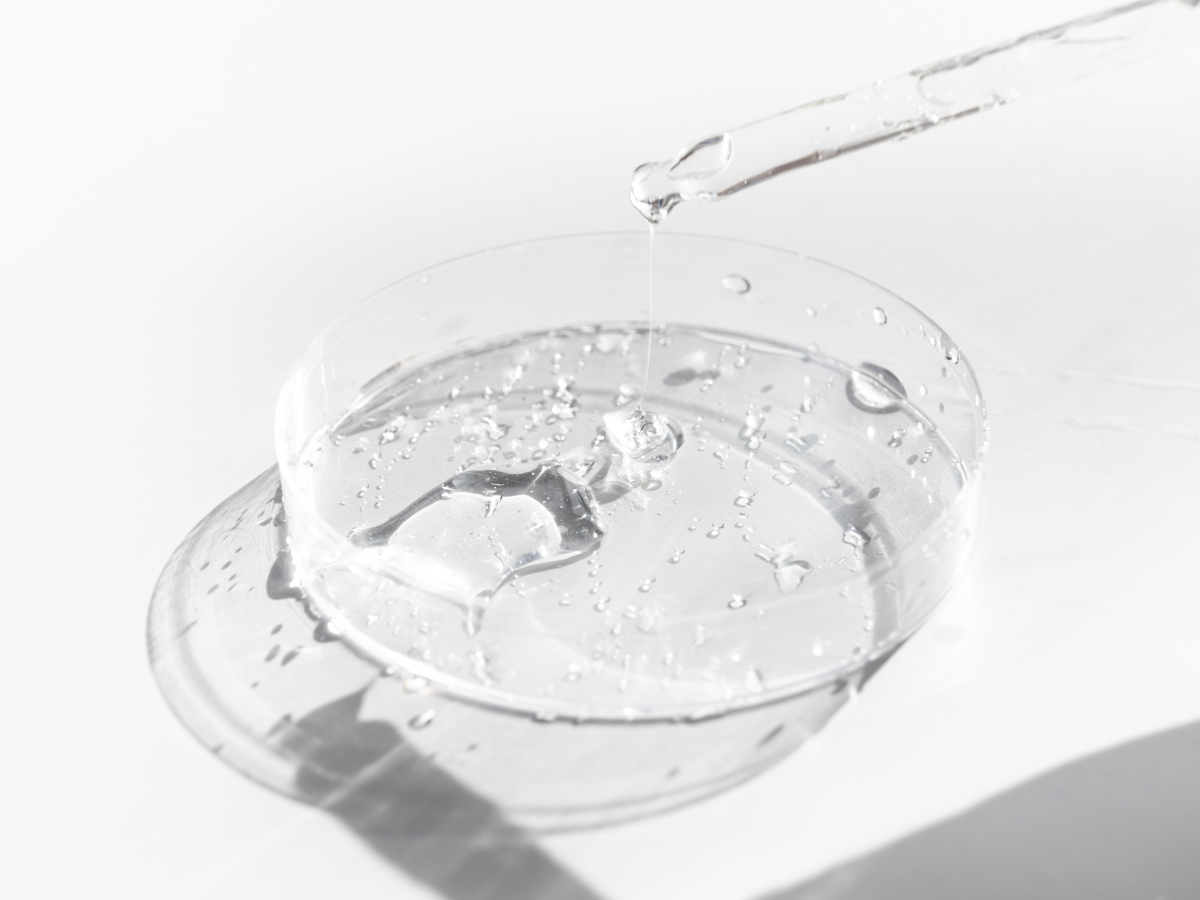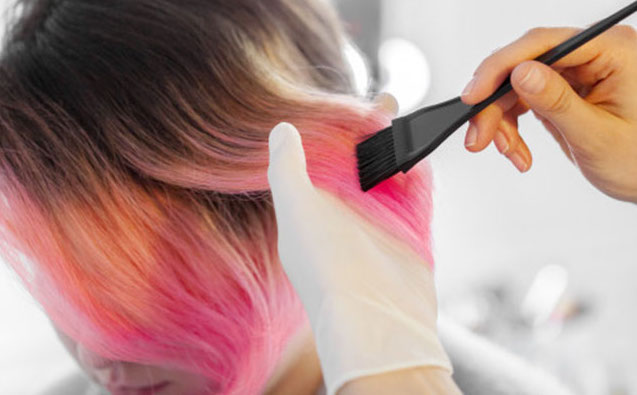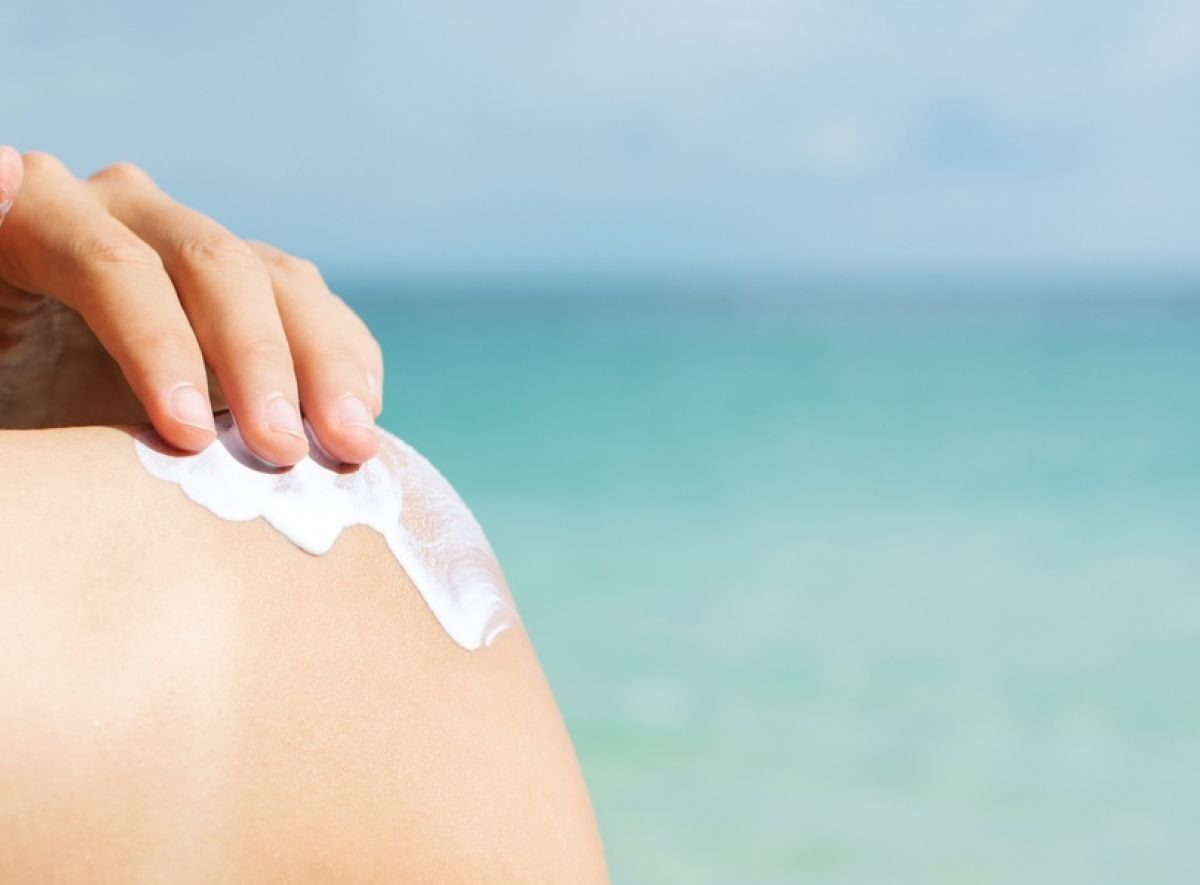CMA’S GREEN CLAIMS CODE
The Competition and Markets Authority (CMA) is the United Kingdom’s primary competition and consumer authority.
In September 2021, CMA published its Green Claims Code, a Guidance on environmental claims on goods and services. The purpose is to help businesses understand and comply with their existing obligations under consumer protection law when making environmental claims. The published Guidance is based on consumer protection rules under the Consumer Protection from Unfair Trading Regulations 2008 and Business Protection from Misleading Marketing Regulations 2008.
Claims can be in the form of texts, names, trademarks, pictures and figurative or other signs that convey explicitly or implicitly product characteristic or functions in the labelling, marketing and advertising of cosmetic products. (see previous post)
CMA defines environmental claims as “claims which suggest that a product, service, process, brand or business is better for the environment“. Claims indicating or implying to have a positive environmental impact or no impact on the environmental are an example of this type of claims.
The CMA’s Guidance sets out 6 principles:
- claims must be truthful and accurate;
- claims must be clear and unambiguous;
- claims must not omit or hide important relevant information;
- comparisons must be fair and meaningful;
- claims must consider the full life cycle of the product or service;
- claims must be substantiated.
These principles are explained in the published guidance, giving examples of how each of them applies and more detailed case studies where multiple principles apply.
The CMA’s Guidance is applicable to companies operating across UK and also to foreign companies (bases outside UK) selling to UK consumers.
CTPA’S ENVIRONMENTAL AND GREEN CLAIMS GUIDANCE
The Cosmetic Toiletry and Perfumery Association (CTPA), the trade association for the UK cosmetic and personal care industry, published the Environmental and Green Claims Guidance. Besides summarizing claims legal framework, the EU approach and the UK approach, CTPA gives advice on how to approach specific claims, like ‘ocean friendly’, ‘environmentally friendly’, claims referring to packaging recycling/biodegradability, among others.
For example, when it comes to recyclability, if a claim refers to the whole packaging (which includes different components and materials), the recyclability of each component needs to be taken into account and claim substantiation needs to demonstrate that all of these components are recyclable.
Moreover, CTPA considers that claims like ‘ocean friendly’ and ‘environmentally friendly’ are very broad and ambiguous, being difficult to substantiate and also difficult for consumers to understand.
It is crucial to point out that cosmetic businesses placing products in the UK market must comply with legal requirements set out on general laws (that apply to all businesses) and with Schedule 34 of the Product Safety and Metrology Statutory Instrument (UK Cosmetics Regulation). (see previous post) This means that all claims made for cosmetic products, including environmental claims, must comply with both specific and horizontal legal requirements.
If you need further information or advice on which claims can be made for your cosmetic products and their proper substantiation, feel free to contact us at info@criticalcatalyst.com.
References:
- Competition and Markets Authority. CMA guidance on environmental claims on goods and services. 20 September 2021. CMA146.
- Cosmetic Toiletry and Perfumery Association (CTPA). Environmental and Green Claims Guidance. October 2021.














